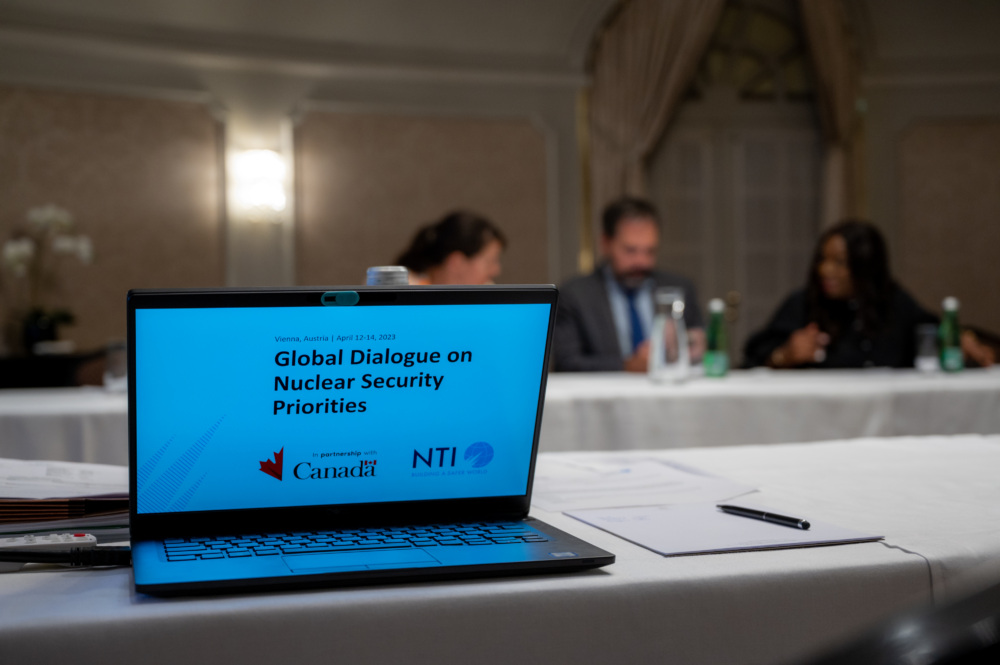
Fostering Nuclear Security Leadership and Innovation
Lessons Learned from 10 Years of the Global Dialogue on Nuclear Security Priorities
This is the third of four Non-Papers from the Global Dialogue on Nuclear Security Priorities. Through the Global Dialogue, government officials, international experts and nuclear security practitioners are engaging in a collaborative process to build consensus about the need for a strengthened global nuclear security system, how it would look and what actions would be needed at the 2014 Nuclear Security Summit and beyond.
KEY POINTS
In the communiqués for the 2010 and 2012 Nuclear Security Summits, states reaffirmed the, “fundamental responsibility of states to maintain effective security of all nuclear materials, including nuclear materials used in nuclear weapons.” States, therefore, recognized the importance of strengthening security around all weapons-usable nuclear material; in other words, they agreed that an effective nuclear security system should be comprehensive and apply to both civilian and non-civilian materials. Yet today, the vast majority of weapons-usable material is not subject to international standards, guidelines, best practices, or any mechanisms for international assurance.
To make real the communiqué commitment to secure “all materials,” participants in the Global Dialogue process encouraged states to begin exploring how materials or facilities outside of civilian programs could be brought under international security standards and best practices. Could states devise ways to assure each other that their non-civilian materials are secured consistent with international guidelines and best practices? How can sensitive security information be protected under this scenario? Are there any instructive examples of information sharing or cooperative work among states on non-civilian materials?
This paper provides some clarity about what is meant by materials outside of civilian programs and challenges assumptions about the level of security applied to these materials. It also considers whether voluntary confidence-building measures, not intrusive verification measures, can be applied without compromising sensitive information.
Sign up for our newsletter to get the latest on nuclear and biological threats.
Lessons Learned from 10 Years of the Global Dialogue on Nuclear Security Priorities
The Nuclear Threat Initiative has convened government officials, experts, representatives from international organizations, and industry leaders since 2012 to define what a truly comprehensive and effective global nuclear security system would look like and has developed related recommendations. This paper is the culmination of this work and lays out a vision for strengthening the global nuclear security system and the steps needed to achieve it, including after the summit process ends.
In advance of the 2016 NSS, this paper explores a range of options to secure and minimize plutonium stocks around the world.